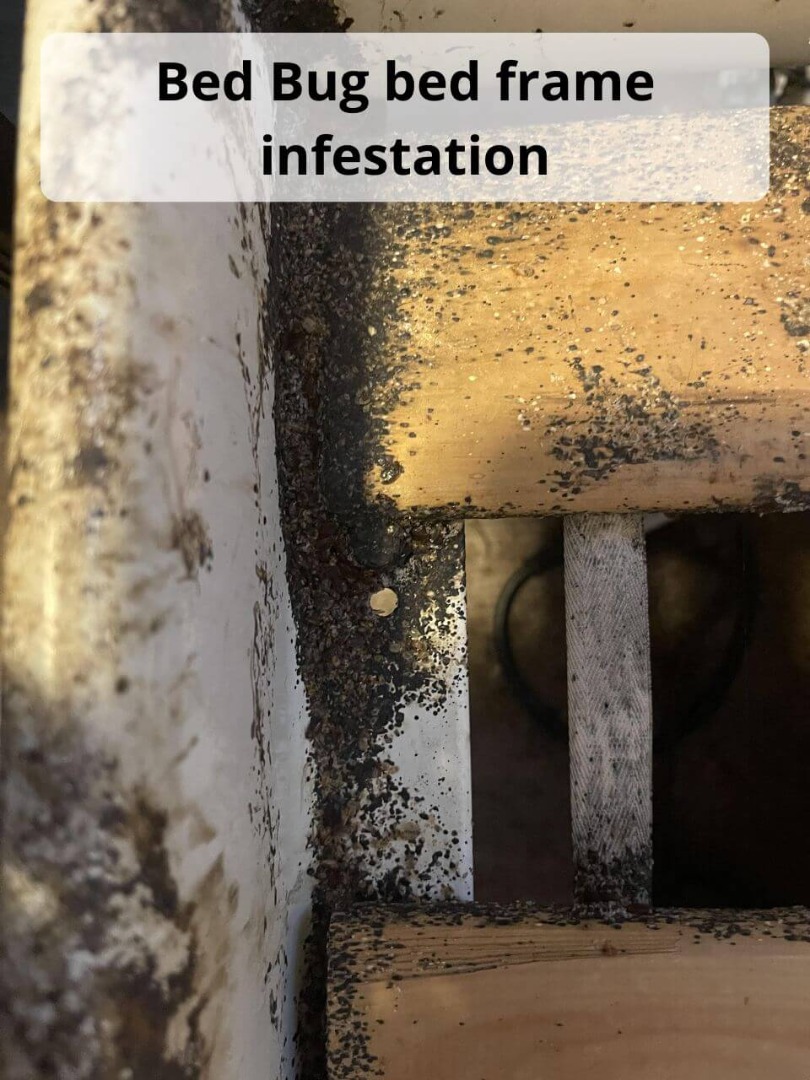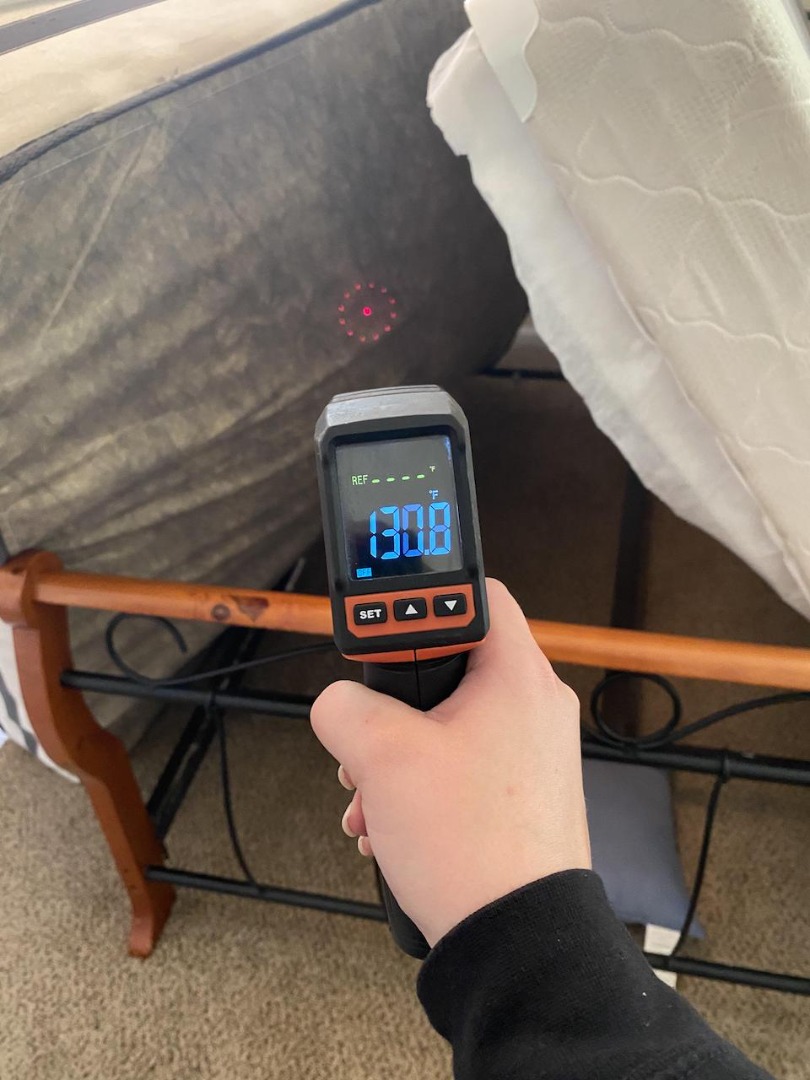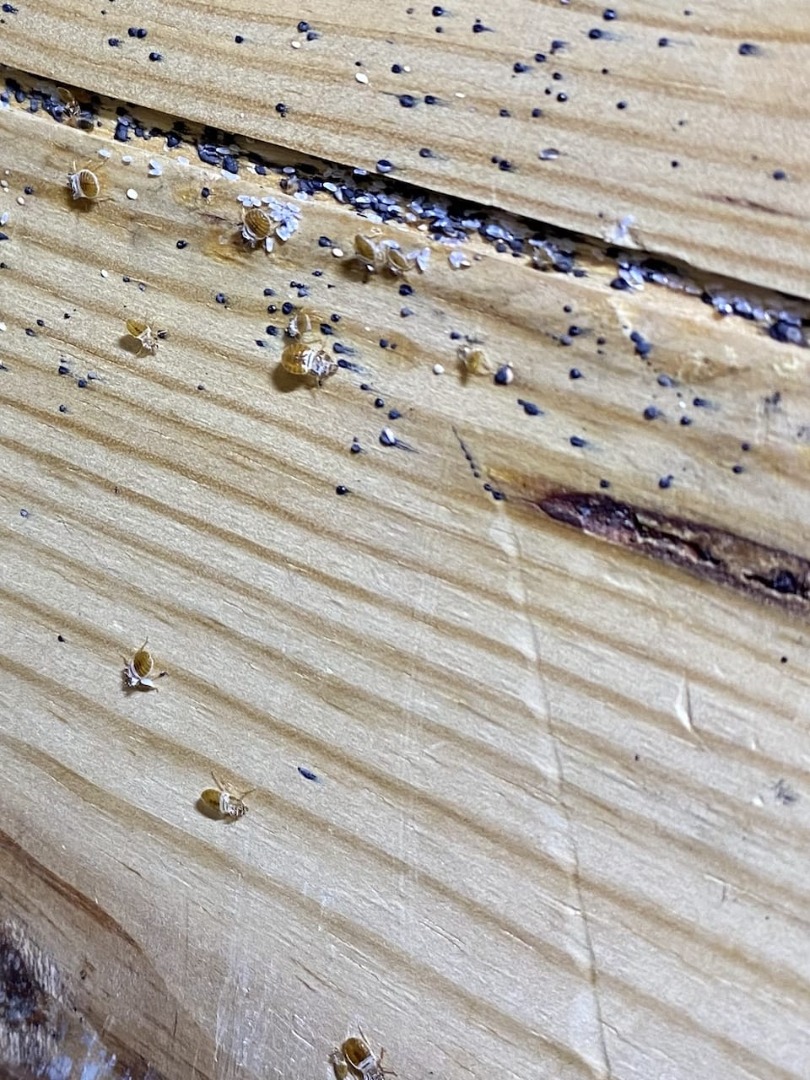

Marshville North Carolina Allens Crossroads Peachland Sturdivants Crossroads

Union Anson Chesterfield Stanly Counties

Bed Bugs Hamilton Crossroads Wingate Allens Crossroads
Heat treatments for bedbugs are essential for efficiently eliminating these tenacious pests from your home in Marshville. In contrast to chemical treatments, thermal treatments can penetrate all areas in which bedbugs might be hiding, including cracks, crevices, and furniture. Thermal treatments are also non-toxic, making them safe within households with children and pets. Moreover, thermal treatments for bedbugs are known to be very effective in killing all life stages of bedbugs, which includes eggs, nymphs, and adults. So, a single treatment can eliminate the entire infestation, preventing re-infestation and lowering the need for multiple treatments. Overall, bedbug heat treatments present a fast, safe, and reliable solution to eradicate these pesky insects, supplying homeowners with peace of mind and a comfortable, bedbug-free living environment in Marshville.
Get rid of Bed Bugs in Marshville NC
Pioneering Pest Elimination for Virtually 30 Years: We have been at the leading edge of the bed bug elimination industry for nearly three decades. Our cutting-edge heat treatment technology sets us apart, providing efficient solutions to bed bug outbreaks in Marshville and beyond.
Revolutionary Heat Treatments for Precise Outcomes: Our firm commitment to innovation has led us to count on thermal solutions, proven to be more efficient than traditional chemical methods. With years of knowledge, we bring unparalleled precision to infestation removal in Marshville, ensuring thorough and lasting effects.
Sustainable Solutions Tailored to Marshville Neighborhoods: Bed Bugs Inc. takes pride in promoting green practices. Our chemical-free temperature control for bed bugs not only deliver superior outcomes in Marshville but also prioritize the safety of our clients and the local environment. Discover the expertise behind our successful and sustainable infestation elimination approaches.